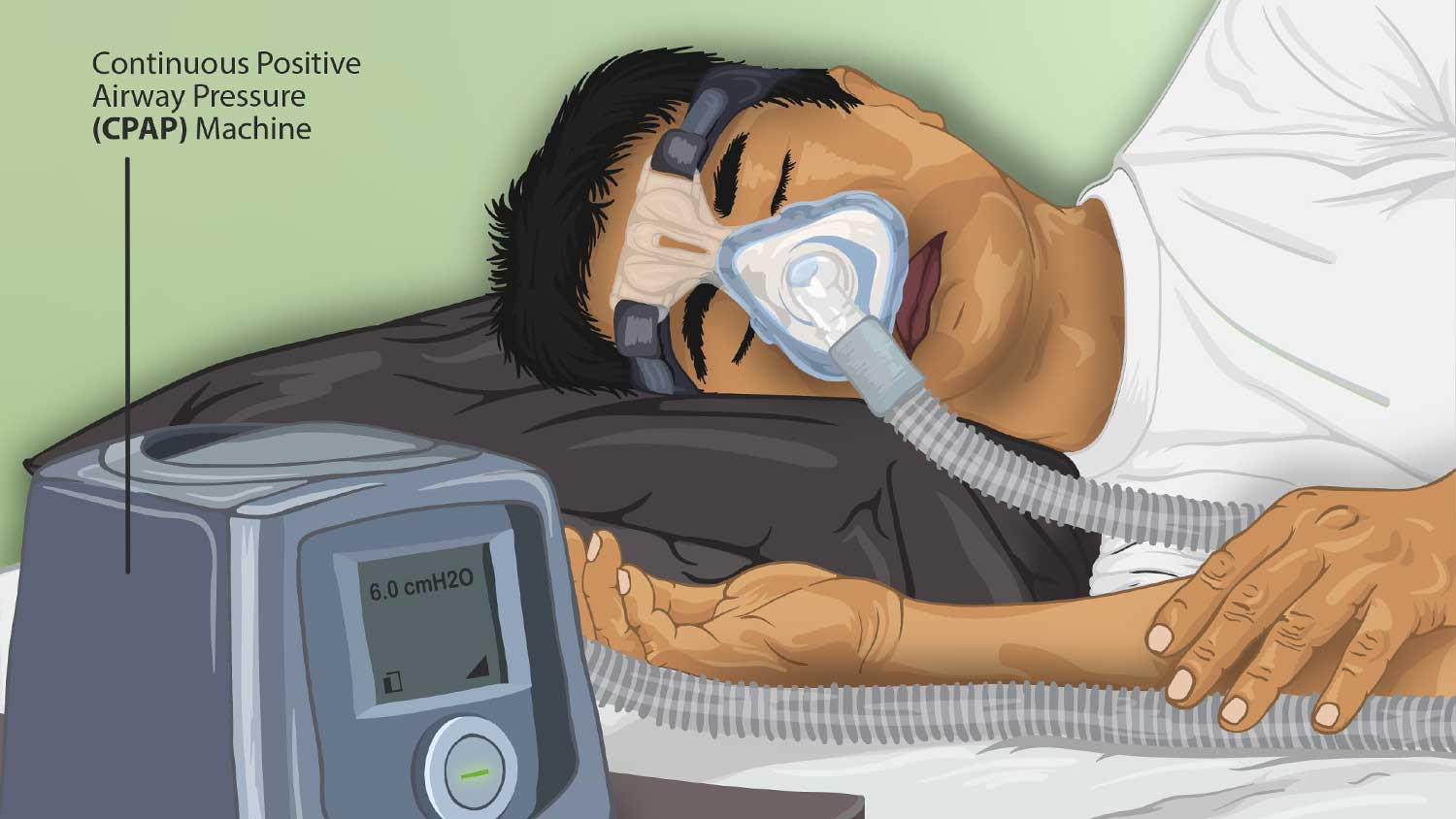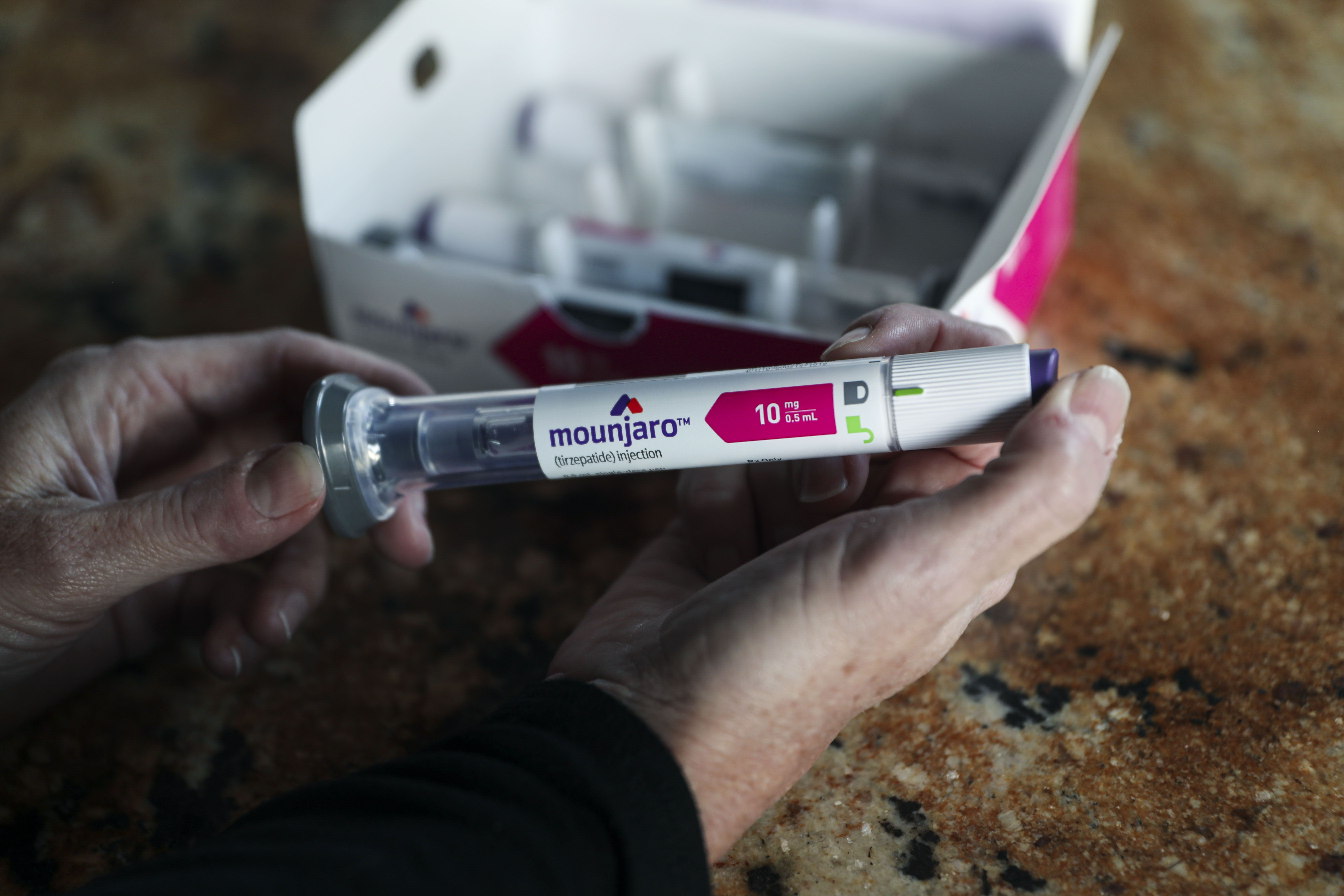Weight loss drugs such as Ozempic, Wegovy and Mounjaro seem to directly impact metabolism, not just appetite, according to a new study. It was previously thought these drugs—collectively called glucagon-like peptide 1 (GLP-1) analogs—worked by making people feel fuller so they eat less. But the results of a recent clinical trial suggest it's not as simple as that. People who took GLP-1 daily for 24 weeks experienced both weight loss and an increased metabolism.
The more weight they lost, the more their metabolisms seemed to be affected, and people with a sluggish metabolism at the beginning of the study seemed to experience the most benefits.
"It always seemed oversimplistic to me that these new treatments were just making people eat less," said research lead Professor Donal O'Shea in a statement. "So, this study is an exciting step forward in our understanding of how these new medicines for obesity work."
GLP-1 analogs are the most widely used drugs for weight loss but are still relatively new treatments. They were originally developed to treat type 2 diabetes as they improve the body's ability to respond to dietary sugars with the hormone insulin, but they can also be prescribed for weight loss.
The drugs promote feelings of fullness in the people who take them, by interacting with fullness hormones, and by slowing down digestion so the stomach stays physically fuller for longer. They are associated with side effects, such as poor or slow digestion, nausea, vomiting, bloating, and more—and they only work for as long as people take them, so their effects are not permanent. However, they have been shown to be effective at helping people control their blood sugar levels and lose weight.
This randomized controlled trial—the gold standard of scientific research—involved 30 people and was led by scientists at St Vincent's University Hospital (SVUH) Dublin. Its results suggest these drugs also directly impact metabolism.
Weight gain is caused when we consume more energy than our bodies use. Most of that energy is used unconsciously, not by exercising, but by the tasks our bodies undertake to keep us alive. This is called our basal metabolic rate (BMR) and experts estimate it accounts for approximately 70 percent of the energy the average person uses in a day.
People with a more active BMR—or 'metabolism' as it's more commonly known—use more energy without trying, so find it more difficult to gain weight. SVUH researchers found that people who took GLP-1 analogs experienced increased metabolic activity—so the cells in their bodies were using more energy, which may have caused them to lose more weight.
"The strength of the association is surprising given the relatively small numbers studied and suggests this increase in metabolic activity is a significant contributor to how these drugs work," said O'Shea.
"Safe medical treatment for obesity is still in its infancy and we need to understand fully how the treatment works. Understanding how these agents increase energy burn should be an important part of future research."
How Ozempic Increases Metabolism
The study, published in the Journal of the Obesity Society, involved 30 participants who underwent specialized imaging of their abdominal fat using a PET-CT scanner before and after six months of GLP-1 treatment. The results showed a strong relationship between the increase in metabolic activity caused by the medication and the amount of weight lost. This suggests that GLP-1 drugs like Ozempic may directly impact metabolism by increasing energy expenditure, rather than solely relying on appetite suppression.
More Than Just Feeling Full
The researchers highlight that this study challenges the conventional understanding that GLP-1 analogs primarily work by promoting satiety, or feelings of fullness. The findings suggest a more complex mechanism, with these drugs also boosting metabolism and potentially enhancing calorie burn. This could explain the significant weight loss observed in individuals who have previously struggled with weight management.
Potential Implications for Obesity Treatment
This study opens up new avenues for understanding and treating obesity. It suggests that weight management strategies should focus not only on reducing caloric intake but also on enhancing metabolic activity. Further research is needed to fully understand the mechanisms behind GLP-1 analog-induced metabolic changes and how this knowledge can be translated into more effective treatment strategies.
Key Takeaways
- A new study suggests that weight loss drugs like Ozempic, Wegovy, and Mounjaro may increase metabolism, not just suppress appetite.
- The study involved 30 participants who underwent specialized imaging of their abdominal fat using a PET-CT scanner before and after six months of treatment.
- The results showed a strong relationship between the increase in metabolic activity caused by the medication and the amount of weight lost.
- These findings challenge the conventional understanding of how GLP-1 analogs work and could lead to new strategies for treating obesity.
Conclusion: A New Chapter in Obesity Treatment
This study signifies a shift in the understanding of how weight loss drugs like Ozempic work. Instead of simply reducing appetite, these drugs may play a more active role in enhancing metabolic activity, leading to increased energy expenditure and potentially greater weight loss. This discovery opens a new chapter in the fight against obesity, offering promising avenues for developing more effective and comprehensive treatment strategies in the future.

















